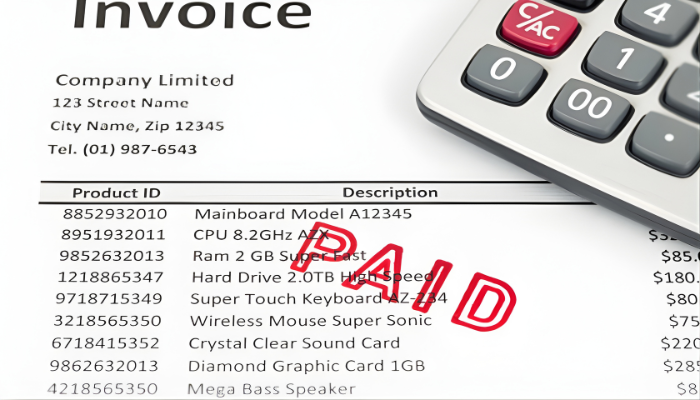
The answer to the question is "Yes, factoring can get your business better organized." Before you even start factoring, you need to have some organization already in place. Without it, you will not have the information you need to give to the factor for the approval process and for invoice processing. Organization remains critical, once you start factoring, so that you can keep track of what is going on.
Organizing Starts Before Factoring
Before you can factor invoices, you need to be able to answer a few questions.
- Can you provide a list of your active customers?
- Do you have signed credit terms for each customer?
- Which customers have outstanding invoices?
- How much are those invoices worth?
- Which invoices are current and which ones are past due?
- When is each invoice due?
These questions provide the basic information that the factoring company will need to get you set up. If your A/R portfolio is not well organized, you cannot expect a factoring company to do the work for you.
You need to start getting your customer account files up to date. The file needs to have every piece of correspondence between you and the client. It also needs to have copies of all invoices sent and all payments received.
Once you have gathered this information, you should have enough information to answer the questions above.
Factoring Helps You Get Even Better Organized
A factor does more than advance money against your open invoices. That agency takes on the management of those invoices.
So, when you invoice a customer for services rendered or product sold, you turn that invoice over the factoring agency. The agency will review the invoice and, if approved, advance up to 90 percent of its value. The customer will send his payment in, like usual. The payment will be credited to the customer's account, and then the factoring company will send the balance to you, minus the factoring fee.
Your role in factoring is to go about your business as usual, selling products or providing services. You issue an invoice for what you do or sell, then the factoring company takes over from there.
It means less paperwork for you. It also means you have 24/7 access to your invoice information via the factoring company's website. So, you know who owes what and when it's due.
Additional Improvements to Your Company's Organization
Factors will only advance funds against invoices that have a good chance of repayment. Part of their process is to check the creditworthiness of each customer on your list. If any customer is found lacking, the factor will not advance funds against that customer's invoices.
To get the most out of factoring, you need to have a solid, organized method for vetting customers before issuing credit to them. This process includes:
- Having clear terms of credit in writing
- Knowing what conditions a customer must meet before you extend credit
- Being clear on what your late payment policy is
- Having each customer complete a credit application
- Ask for trade and bank references and checking those references
- Getting a personal guarantee from the owner or partners in the business
- Pulling the business's credit report
- Checking the owner or partners personal credit if the business does not have a separate credit report.
- Keeping your accounts up to date
The simple fact is, if your A/R is organized, your cash flow will improve. You will know what is going on at all times, making it possible to handle issues before they turn into problems.
Factoring will definitely get you better organized, if you already aren't. The first step in the factoring process is to speak to someone who is familiar with the process. That person can tell you the information you will need to get started, and the information you will need going forward. Getting organized is well worth the effort if you need to improve your cash flows with factoring.















